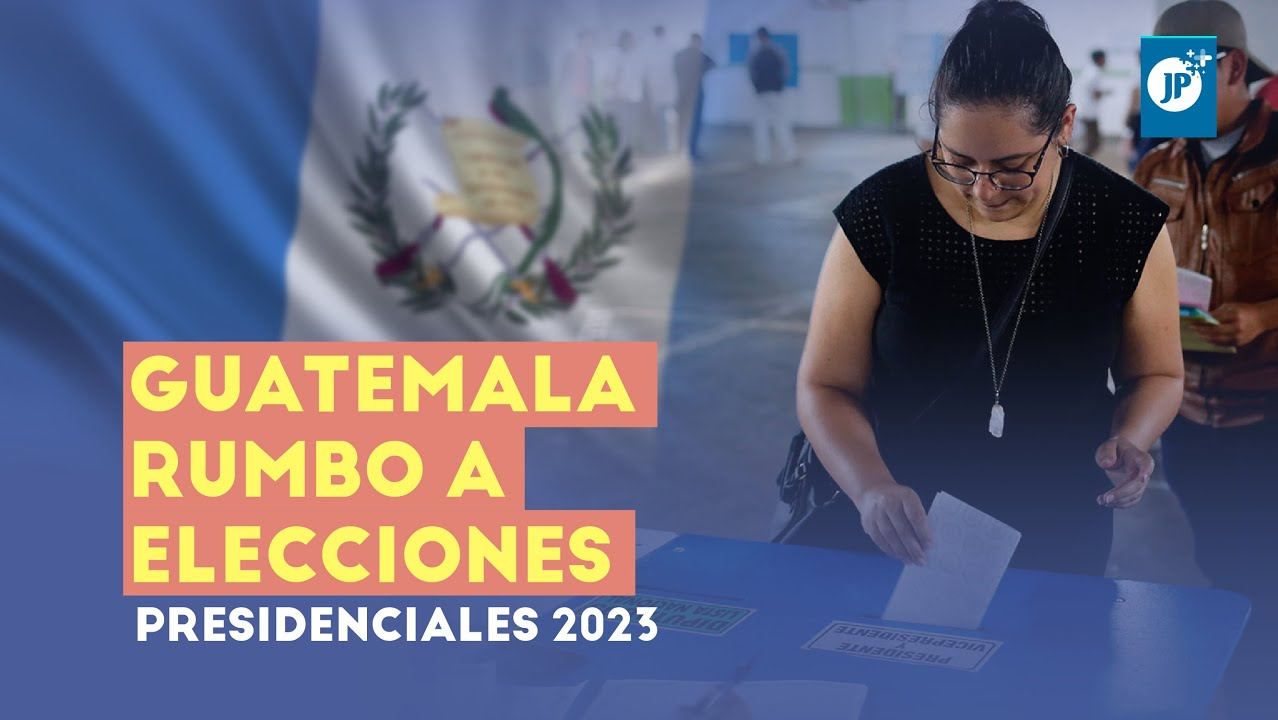
In the midst of a panorama of uncertainty and distrust of the citizenship in the electoral and judicial institutions, Guatemala is preparing for the general elections next Sunday, in which 22 candidates are running for the presidency of the Central American country.
By María Josefina Arce
In the midst of a panorama of uncertainty and distrust of the citizenship in the electoral and judicial institutions, Guatemala is preparing for the general elections next Sunday, in which 22 candidates are running for the presidency of the Central American country.
The stage prior to the appointment at the polls has been tinged by several irregularities, denounced by civil society organizations, such as differentiated criteria to accept or deny candidacies.
This is the case of the candidates for the leftist Movimiento de Liberación de los Pueblos, the indigenous leader Thelma Cabrera and the former Human Rights Ombudsman Jordán Rodas, who were prevented from registering by the Supreme Electoral Tribunal, a decision supported by the Constitutional Court.
Let us recall that in the 2019 general elections Cabrera was the only indigenous and peasant woman candidate for the presidency and against all odds she placed fourth.
Likewise, a month before the elections, the candidate Carlos Pineda of Prosperidad Ciudadana, who was leading the polls, was suspended.
A case that has generated controversy is the endorsement by the Supreme Electoral Tribunal of the candidacy of Zury Ríos, of the right-wing party Valor and daughter of former dictator José Efraín Ríos Montt, despite the fact that the Constitution in its article 186, paragraph C, prohibits this possibility for relatives of a coup leader.
The Association for Justice and Reconciliation denounced that the participation of Ríos as a presidential candidate offends the conscience, dignity and memory of the victims and of those who seek justice for the massacres, forced disappearances, torture, genocide and sexual violations, which occurred between 1960 and 1996.
Ríos Montt, who governed from 1982 to 1983, was responsible for the genocide of almost 2,000 indigenous people of the Mayan Ixil ethnic group in the department of Quiché in his first year as president, which he achieved through a coup d'état.
Among the more than 20 aspirants, mostly of right-wing tendency, the polls point out as the best positioned Edmond Mulet, for the Cabal Party, Zury Ríos and Sandra Torres, of the National Unity of Hope grouping, who already ran in the electoral processes of 2015 and 2019.
A few days before Election Day, polls also showed that the percentage of undecided voters increased to 9.3%, while almost 10% said they will not vote for any candidate or will cancel the ballot.
Vice President, congressional deputies, municipal mayors and deputies to the Central American Parliament will also be elected in next Sunday's elections, to which more than nine million Guatemalans are summoned.

